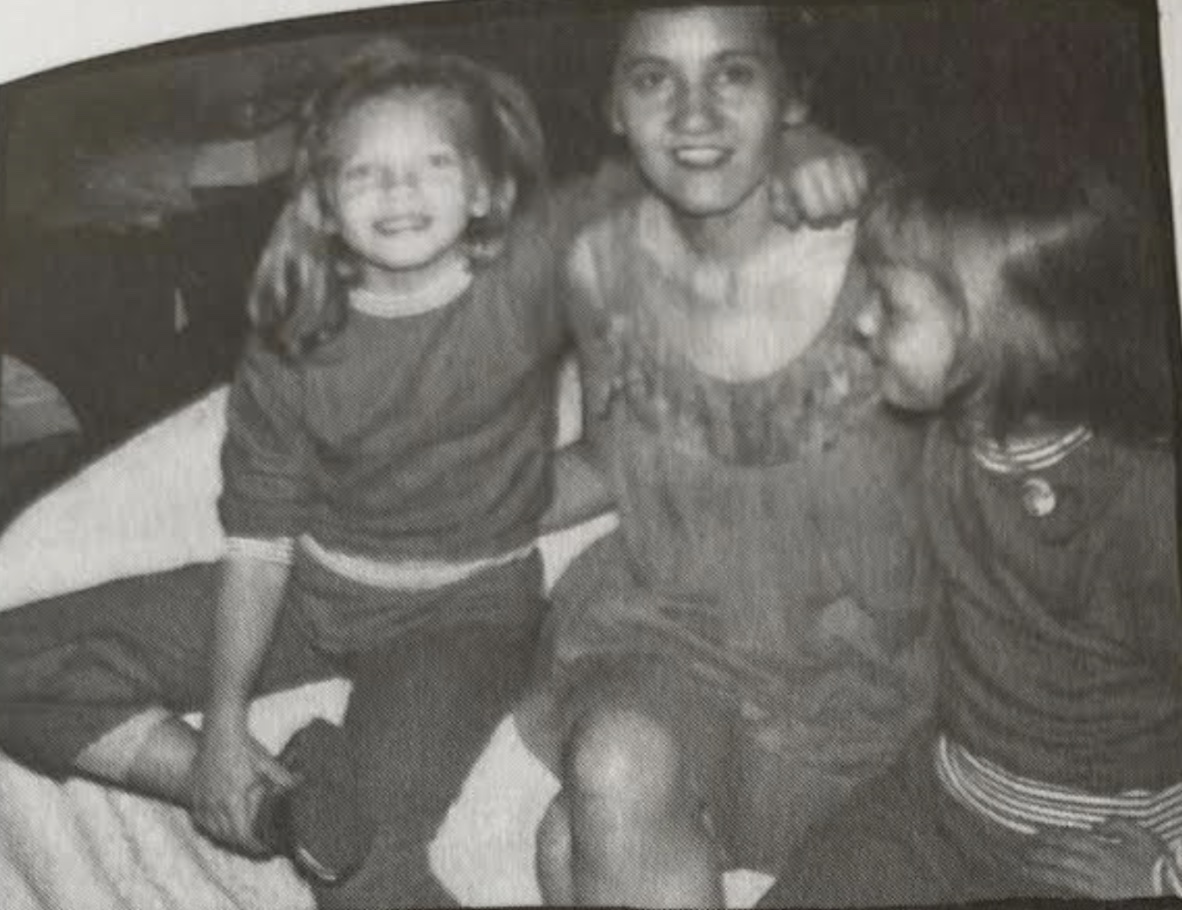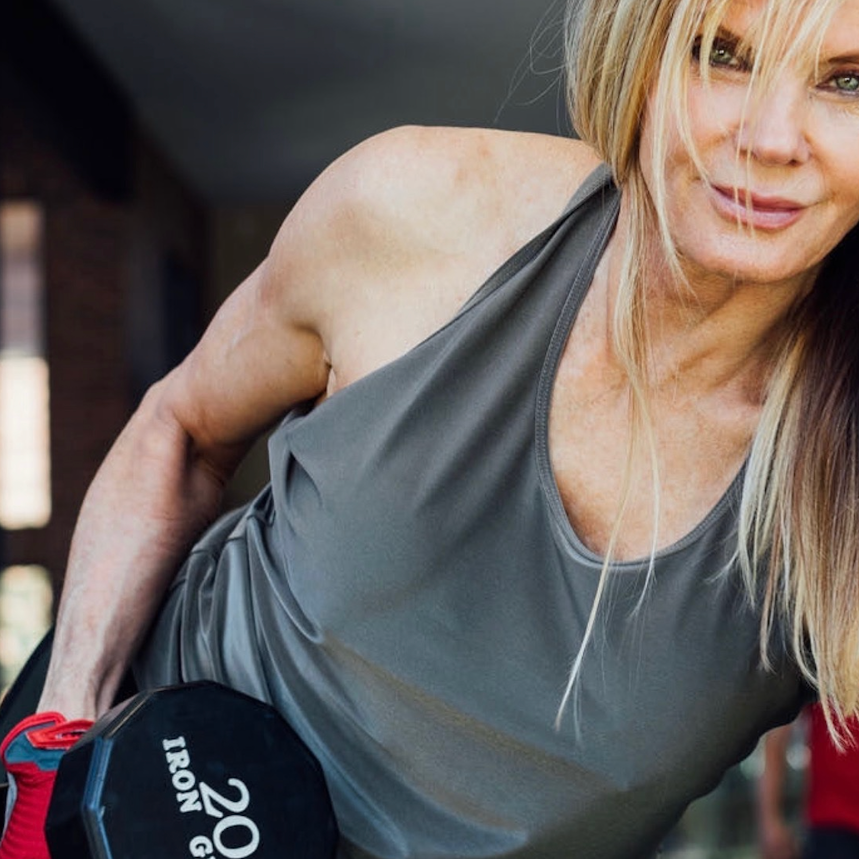Happy
MOTHER’S DAY!

Kathy Smith wears a diamond ring that was once her mother’s. It was the only thing salvaged from the fiery plane crash in which her mother died. Years ago the diamond started to come loose in its setting, and Kathy put the ring in her jewelry box, planning to have it reset but not quite getting around to it. When a friend urged her to go see a much-touted medium, she went even though she wasn’t sure she believed in such things.
“Your mother is here with us,” the medium told her. “She wants you to start wearing her ring again. It’s the one thing connecting you.”
Kathy had the ring reset, and now she doesn’t take it off.
Diamonds come from deep inside the earth; they spew out in volcanoes, in eruptions of extraordinary temperatures. They survive the flames. So do hearts, but it takes a while to realize that.
Lorraine Gautsch was born La Crosse, Wisconsin in 1928 to German parents. She met Carl Stefferud when pare, she was 16 and he was 17; two years later, at 18, she married him. He joined the military as an Air Force pilot, and Lorraine became an officer’s wife. She had her first daughter, Sharon, in 1949; three years later, Kathy was born.
“I was a military brat,” Kathy says, laughing at the now-familiar term. “My father was stationed all around the world. We were in São Paulo, Brazil; we were in Mobile, Alabama; we were in Texas, Hawaii, Illinois. I was raised in a very disciplined house—we were trained to answer the phone: “Stefferud residence.” Our life was the Officers’ Club and dressing properly to go there.
“We lived on military bases most of the time, but as we traveled around, we sometimes lived off base in small houses. You get really used to Dad going off to work every day in his uniform. My mother’s life as a military wife was about protocol, receptions, conformity. Everyone’s home kind of looked the same, and the uniforms looked the same except for the number of bars each man wore.”
Growing up, Kathy never spent more than three years in one place. Intuitively, children who grow up like that
learn to protect their feelings by not getting too attached to anyone—they know that another good-bye, another move, is just around the corner. The cords that bind are kept thin, easy to snap. It’s too costly emotionally to weave strong ropes between you and the people you’re going to have to leave. It’s something that Kathy knows has followed her throughout her life.
“I don’t really know who my tribe is,” she says. “1’ve fit into different circles of friends at different times. But I’ve never been sure who my tribe is.”
Children are resilient. Even in a life where putting down roots is a temporary exercise, they will extract things that feel dependable. Lorraine worked hard to create a grounded, dependable home environment for her daughters.
“What I loved so much about my mother,” Kathy says, “is that there was a routine. When you live on bases, you go shopping at the commissaries and the PXs, and you get everything at a discount because you’re shopping on base. She would take us with her, and we would be wearing the cutest little dresses—my sister and I always matched; we always had our hair curled because little girls weren’t supposed to have straight hair. At Easter we’d wear bonnets. We always had dinner at 5:30 when Dad came home. My job was to help my mom fix the salad; Sharon’s job was to help with some other part of the meal. My mother was very traditional, and there was a real sense of order and security in that.”
But beneath the surface, things were less grounded. One of the daily routines of life on the military bases was cocktail hour —a harmless enough thing if only a moderate amount of alcohol is consumed. But Lorraine’s drinking, her daughters came to notice, was not exactly moderate.
“It was very common for my parents to have a Manhattan or a martini at 5:00 or 5:30. Everyone did it. No one thought anything about it—it was just what everyone did. But when I got into high school, I started noticing this pattern with my mother: Monday, there would be a little drinking, but she’d still be a wonderful mom; Tuesday she’d still be sort of okay; on Wednesday she’d be drinking more. The cycle would build through the week until she started getting abusive to my dad, and by the end of the week, there would be some blowup fight. Sharon and I would go to our rooms, and we’d hear them fighting at night. It was very uncomfortable.”
Even though alcoholism at that time wasn’t as widely acknowledged or discussed as it is now, it’s possible that Carl might have been able to get Lorraine some help. But he would never get that chance.
When Kathy was in her last two years of high school, the family was stationed in Belleville, Illinois. Three days before her graduation, Carl had a heart attack and died.
“He was at the office, standing up to give a debriefing, and because he had a very good sense of humor, everybody thought he was joking when he fell down. When they realized he wasn’t, they rushed him to the emergency room. He’d had a massive heart attack. …”
Carl was 42 years old.
At 41, Lorraine was suddenly and unexpectedly a widow. Anyone in that situation would run in comforting arms of a friend. Unfortunately for Lorraine that friend was liquor.
“The drinking wasn’t so bad that she wasn’t functional,” Kathy recalls. “But I remember coming home some evenings and finding her sitting in a dark room in this wooden rocking chair we had then. She’d have Tom Jones records on—she loved Tom Jones. So there she’d be with “What’s New Pussycat?” playing on the stereo, and she’d be rocking back and forth with a drink in her hand in this dark room. There was such an aura of sadness around her. … I felt so sorry for her. And I was aware at that point of a shift in our relationship, how in some ways, I became the mother.”
She stayed at home with Lorraine for a while, choosing to go to college in Illinois. She was the only daughter at home-Sharon was at college in Hawaii. But after about a year, Kathy also decided to go to Hawaii, along with a couple of girlfriends. They planned to drive cross-country to California, put their cars on a boat to Hawaii, and fly over themselves. Saying good-bye to her mother the day Kathy left is a memory that still brings up tears….
“I have this vivid image of standing there hugging my mother and both of us crying so hard, holding on to each other so tightly. On the one hand, I was glad to get out of there because of the situation, but I felt so sorry for her, and I felt so alone. I was losing such a part of me- I was losing this good part of me when I took off.”
left alone, Lorraine decided to go back to Wisconsin, and while she was there, she met a man named David Brown who flew private planes. They hadn’t know each other for too long before getting married. Kathy and Sharon flew from Hawaii to Wisconsin for the wedding, which Kathy admits was a bit strange. But, she says, “We were happy for her.”
A few months later, on a winter day, Lorraine and David were returning to Wisconsin from Illinois on one of his planes. That particular plane had pontoons on it for landing on water. With the freezing temperatures, he should have removed them but had neglected to do so. They iced up and the plane went down in a farmer’s field, flipped over, and burst into flames.
“My aunt called me—I was in Hawaii—and I remember screaming into the phone, ‘Why is this happening to us?!’ It had only been two years since my dad died. Then I ran outside and sat on the curb crying hysterically. I remember thinking, Why plan for the future when it can end just like that, so suddenly?”
It was 1971. Kathy was 19 years old. America was in a state of revolution on many fronts—the Vietnam War, the sexual revolution, women’s lib, drugs. People her age were gleefully running from their parents to start adventurous lives on their own. And she was sitting on a curb weeping, having just been orphaned, feeling completely and utterly alone.
“Something like that really shapes you,” she says “And in many ways it shaped my success. Because you do one of two things-you either go under or you find a way to succeed.”
It’s strange how life turns us onto the path we’re meant to be on. Weighed down with grief, splintery with anxiety, Kathy began accompanying her then-boyfriend, a football player, on his daily runs.
“I just started sprinting a quarter mile one day, then a half mile, then a mile. And I’d come back from the runs and feel so much better. The depression, the sadness, the confusion had lifted. That’s when I started to make the connection between exercise and emotions. I went from being kind of comatose to feeling that I could go on and I’d be okay.
“When I started running, it was just at the time that Ken Cooper had coined the term aerobics, which means ‘with oxygen.’ And he was showing how heart patients could benefit from running. Back then, if you were a heart patient, you weren’t supposed to have sex, you weren’t supposed to climb stairs, you weren’t supposed to exert yourself. And there was a doctor in Hawaii who met at a park with 56 heart patients—his goal was to get them ready to run a marathon. So, I would go and listen to his lectures and train, and I ran my first marathon in 1975.”
While the other runners were healing their physically damaged hearts, Kathy was healing a heart that had been drowning in grief.
“That was the beginning for me of understanding that what you put in your body, how you move your body affects your mind. It lifted me out of my confusion and depression—it’s what saved my life.”
Kathy found her career-her path in life—through discipline and strength. Strength is something she now realizes Lorraine had during all those years of moving constantly, of living on military bases and being an officer’s wife.
“My mother was the one who had to run everything,” Kathy says. “My dad would take off and go on his fun adventures, go off on his planes—there was something kind of romantic about all that. But she had to run the household, take care of the moving every few years. The lack of roots affected her, too-she didn’t have a stable home environment. She’d have to pack up the house, sell things, move us, sometimes to another country. And, also, as a military wife, she had to present a proper image; that’s very important in that world.”
Kathy is now a mother of two girls. “When I had my daughters—they’re now 19 and 17—I really started to appreciate my mom and miss her and wish that she were around. Especially when my kids were kids were young, one and two years old, I wished I could call her and ask her questions.”
From the flames that engulfed a small plane on an icy winter day and took two lives—flames that left almost nothing intact or recognizable—a diamond was recovered. Stronger than the flames, it’s worn by the other survivor who had to search a while to find her strength. She found it in running; in asking her heart to work harder, grow larger, pump more blood. She found it in the mystery and the questions about why she was left so alone at such a young age, because drifting between the questions was a feeling that she wasn’t alone. She trusted that feeling and kept running forward. It’s what runners do—they look for roads, trails, paths … and if they can’t find them, they make them.






Dear Kathy, Thank you for sharing your story… I found it very stirring and enspiring and poignant. Although different, I also know the feeling of losing my mother at an early age , ( I was 10), and then my dad ( I was 27), and wanting to escape but feeling trapped emotionally. I will add that my husband then had just abandoned me. The first activity I did was to attend an aerobic class, whereby I discovered, like you, that exercise in itself can help in healing. With that being said , Thank you for your perseverance and a blessed Happy Mother’s Day to you also. I’m a mom now and feel better equipped to cope with life through exercise. Blessings, yours truly…, Elaine Boschman:)))
Happy Mothers’ Day to you from Priscilla and Art. YOU ROCK!
Thank you so much for sharing your story. I’m so sorry you have lost both of your parents at such a young age. I can relate to some of your story. Thank you for all you do. Just starting to get back into working out. It’s been a bit of a struggle but will continue.